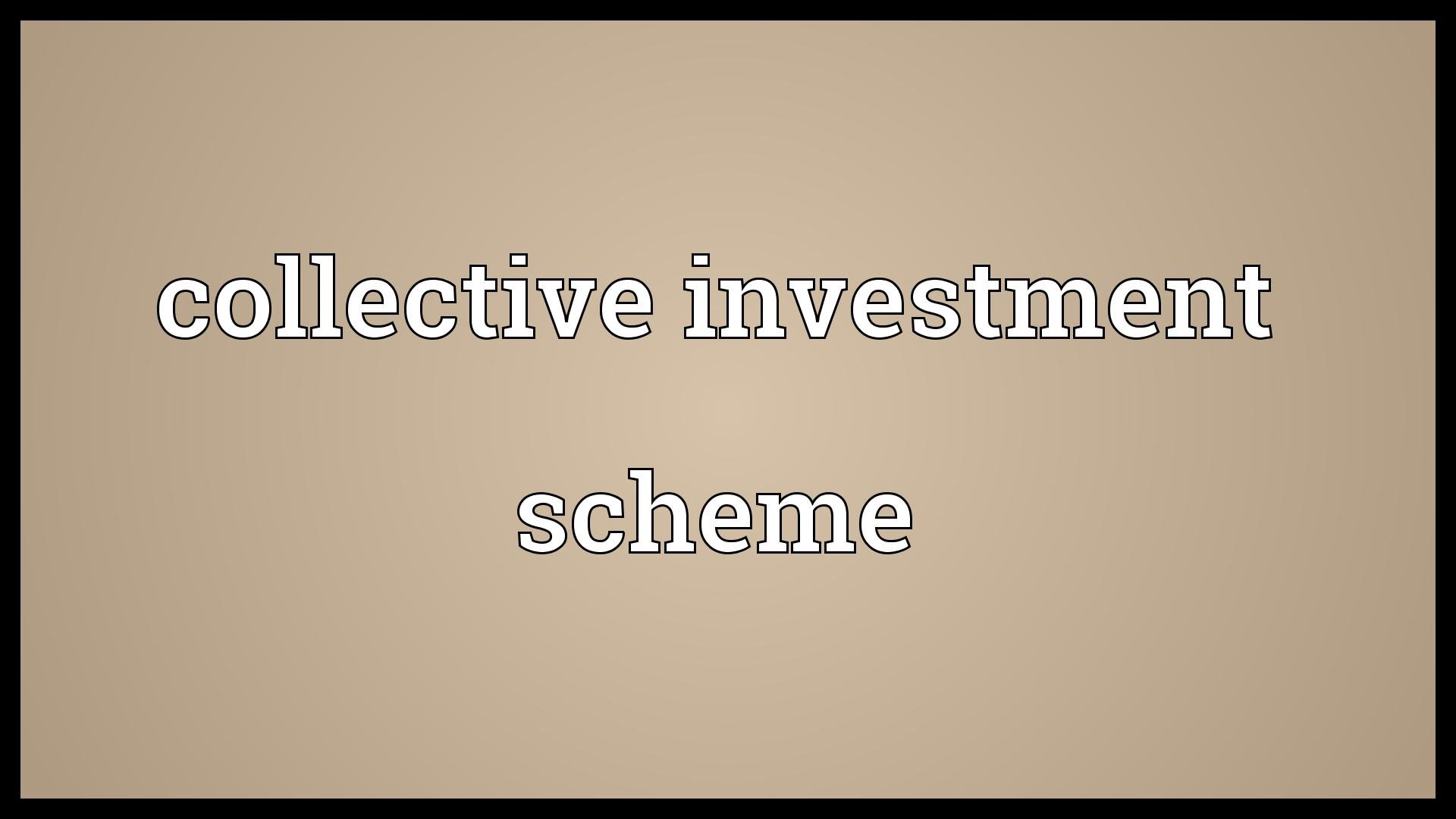In today’s business World , every Organization focuses on the expansion of its business and enhances its revenue in a small period of time . In such a scenario , Joint Venture agreement Plays an important Role .It can be defined as an agreement that includes two or more parties agreed on a common prospective with better utilization of resources in order to achieve desired target or outcome.
There is a difference between joint venture and Merger as merger leads to transfer of ownership whereas in case of Joint venture there is no such case of ownership transfer.
Joint Venture can be classified in two types namely –
1]Equity Based Joint Venture – It can be defined as an agreement between the two companies to enter into a separate business venture together .Each partner participated in gains and losses according to the percentage equity ownership they have as per the agreement.
Equity joint venture is one of the best mediums the best way in which a foreign company can establish its business in India and it is also fruitful for an indian company as it gets the required amount of investment and technology due to the venture.
Contractual Based Joint Venture – It can be defined as an agreement in which two parties come together for a particular business project and sign a contract with terms that define that they will be together for that particular project only.
The franchise Business is a great example of Contractual Based Joint Venture that includes franchisee and franchise owner entering a joint venture for a specific project that has no resemblance to their individual work or business as it will carry on in a similar manner .
Checklist before entering into Joint venture –
A] A Proper and deep research work to be done on the Business activities of other company
B] SWOT Analysis is mandatory to be done our business as it provides us important knowledge of our ongoing business in terms of strength , weakness , opportunities , threats of the company
C] One should also compare the working model and criteria of his company with the one you are going to be in venture agreement
D] A view of the management and its employees should always be taken into consideration
Process of Joint Venture
1] The selection of an accurate and right partner is the first and most important step for having a successful Joint venture . The culture and working module of a proposed partner should be similar with your organization or company.
2] The second step leads towards signing a memorandum of understanding {MOU} that defines terms and conditions on the basis of which both parties are entering into the Joint venture agreement .Each and every point that defines the need of Joint venture is marked here.
3] Joint Venture Agreement and MOUs should always be drafted in the Presence of Corporate law expertize.
4] All Details such as type of firm ,source of funding , stake of shareholders , contribution of intangible assets etc. should be mentioned in the joint venture agreement .It should also include the exit Strategy of the involved parties as they might try to dissolve the venture.
5]The next step is the selection of name for the Joint venture with the consent of both the parties
6]After formulation of Agreement , the last and final step is to register the company and the articles of association.
Important Clauses to be mentioned in Joint venture Agreement –
There are some important clauses that should always be highlighted in the Agreement are provided below –
1] The amount of capital being invested by the involved parties in the joint venture
2] It should be mentioned how the profits, losses, liabilities to be distributed
3] Mentioning the responsibilities and work of parties involved in the venture
4] Mediating mechanism and procedure to be followed in case any dispute may arise in future
5] Proper data to be maintained of the new venture that include administrative and financial records
6] Exit Strategy should be mentioned in case both the involved parties are ready for dissolution of Joint venture.
Opportunities /Advantage of Having Joint Venture Agreement –
The joint venture Agreement provide various advantages being highlighted below –
1] The new joint venture agreement provides opportunities to involved parties such as access to new resources in terms of technology , experience and talented staff , modern assets and equipment , capital investment etc.
2] It also leads to a new client or customer acquisition for involved parties which might not have been possible before being entered into agreement .
3] It also leads to sharing useful ideas , opinions , and information which will be beneficial in terms of growth and development of the new business.
4] Due to two or more parties involved , It also enhances the workforce level and speed of production of the organization.
5] In case one of the companies involved has a better reputation or goodwill in the market it will ultimately provide assistance to the other company to enhance its image and reputation in the market.
However it should be kept in mind that if Joint ventures are improperly planned then due to certain aspects like poorly drafted contracts ,cultural differences , misunderstandings between the parties it may lead to the termination of agreement.
Disadvantages of the Joint Venture Agreement –
Basically joint ventures have more advantages compared to disadvantages but one should keep an eye on the disadvantages while entering into joint venture agreement. Some of the disadvantages are as follows –
1] Liability –
In case of joint ventures there is no liability protection being provided to the businesses involved
2] Unequal Involvement-
Both the parties involved in joint ventures do not share equal involvement in the business activities and functioning . For example – When one company is monitoring the production department and the other is responsible for the sales and marketing department .Therefore the responsibilities of both companies differ and as a result the involvement period is also different.
3] Objective –
The objectives of joint ventures are not clearly defined among people involved in the joint venture agreement.
4] Cultural Differences –
In joint ventures two parties are involved and both the parties have different Management teams and carry different working styles and due to this difference of management culture it may lead to poor cooperation and integration of both parties.
Termination of Joint Venture Agreement –
The various factors that may lead to the termination of joint venture agreement are as follows –
1] The parties involved are not able to solve the disputes arising between them
2] Breach of agreement is done by one of the parties involved in the agreement
3]Due to Insolvency
4]The Project being defined in agreement is being finished or completed
The termination policy and rules of the joint venture should be clearly stated in the agreement and in case a joint venture is being terminated due to default of one of the parties involved then the other party shall have the opportunity to get remedies or relief for the losses incurred from other party.
As per the conclusion , it shows that Joint Ventures provides numerous opportunities and advantages to the business involved in the agreement to come together to share their capital , ideas , resources , technology ,equipment ,expertise etc. in order to develop a desired project.
Therefore a proper Agreement is needed to be drafted in order to have a successful joint venture while improper drafting of Agreements may lead to the termination of Joint venture agreement.



![LIMITED LIABILITY PARTNERSHIP COMPANY [LLP]](https://www.biatconsultant.com/blog/wp-content/uploads/2020/04/Guide-To-LLP-Registration-In-India.png)






